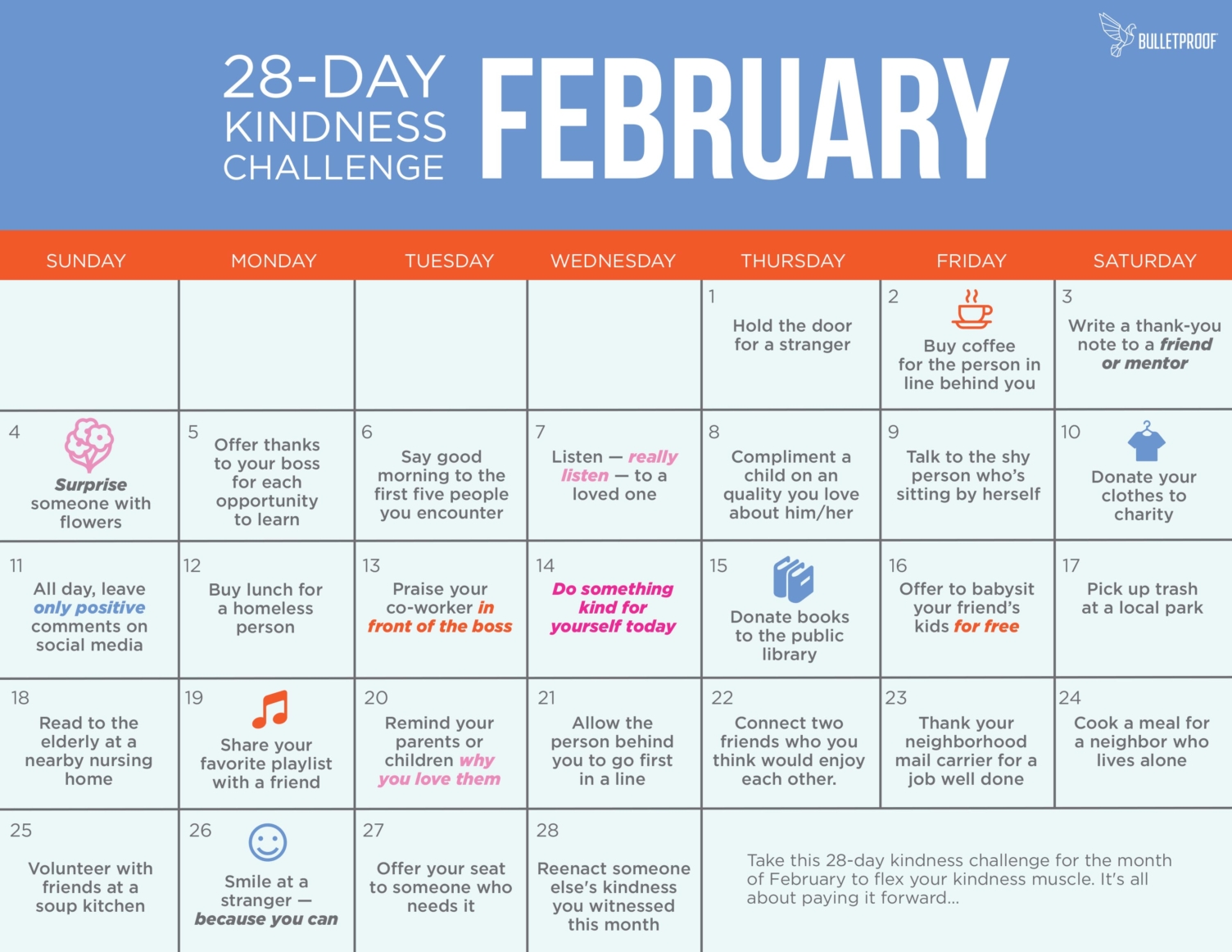Meet Luke Storey – a lifestyle design expert, transformational coach, and podcast host who now guzzles Bulletproof Coffee with the best of ‘em. By his own admission, the course of Luke’s life drastically changed on February 15, 1997. At that time, a fashion stylist who dressed stars for the red carpet, Luke reached a point of utter despair. Sure, he had a successful, creative job (and an abundance of creative ideas to draw upon), but he always felt burnt out. He’d sleep six hours at a turnaround and be back on another job the next day. The one thing he was fanatical about that helped to keep him on track? Bulletproof Coffee. He says he was able to work all day sans carb- and sugar cravings, even though he was exhausted by work.
However, life changed monumentally for Luke when he finally heeded the advice of friends, who reminded him that he knew a ton about health and spirituality. The aha moment arrived, and in that instant – when Luke realized he could teach people basic health principles to turn their life around in deep and meaningful ways – he decided to start his own podcast. Luke says, “You really have to have mind, heart, spirit in alignment. If one of those is missing, you are in trouble – but all three put together are really powerful.” Watch Luke’s video to learn more about his Bulletproof story. (LINK)
Luke Storey Transcript: I remember the exact moment actually – it was February 15, 1997. I reached a point of burnout and utter despair, and made a decision to turn my life around. So I was a fashion stylist – that means you dress people for music videos and red carpet, magazines, etc. – I had an abundance of creative ideas, worked in a creative industry, and was able to service a lot of people – but at the end of the 16-hour day on a music video, I was toast. I’d sleep six hours on a turnaround and be back on another job the next day. Just dying.
It’s funny, when I first started drinking Bulletproof Coffee (this is before I knew about Bulletproof Diet, supplements, etc.), I was so fanatical about it because I was able to work all day, and I stopped craving carbs and sugar.
About two years ago, I finally got the message from my friends. I know a lot of stuff about health and spirituality. In that moment, I decided to start my own podcast. When I discovered that I could teach someone some basic health principles to turn their life around in deeper, more meaningful ways. That was the aha moment for me. You really have to have mind, heart, and spirit in alignment with your body. If one of those is missing, you are in trouble, but all three put together are really powerful.

 You are clear on what needs to be done, but if you haven’t got fuel in the tank, it’s unlikely you’ll get your best work done efficiently. Tiredness and low energy are precursors to distraction, disengagement, low productivity, and poor-quality work. The goal of step two is to generate more energy efficiently and become better skilled at managing your energy. To experience extraordinary productivity you need both.
You are clear on what needs to be done, but if you haven’t got fuel in the tank, it’s unlikely you’ll get your best work done efficiently. Tiredness and low energy are precursors to distraction, disengagement, low productivity, and poor-quality work. The goal of step two is to generate more energy efficiently and become better skilled at managing your energy. To experience extraordinary productivity you need both.
 You’ve worked on building clarity, energy and focus. Now you need an organized system that transforms your creativity, effort, and knowledge into the outcomes you desire. Ideally, your system should do this with some degree of efficiency. Here are the basic principles for creating a productivity system that works for you:
You’ve worked on building clarity, energy and focus. Now you need an organized system that transforms your creativity, effort, and knowledge into the outcomes you desire. Ideally, your system should do this with some degree of efficiency. Here are the basic principles for creating a productivity system that works for you:




